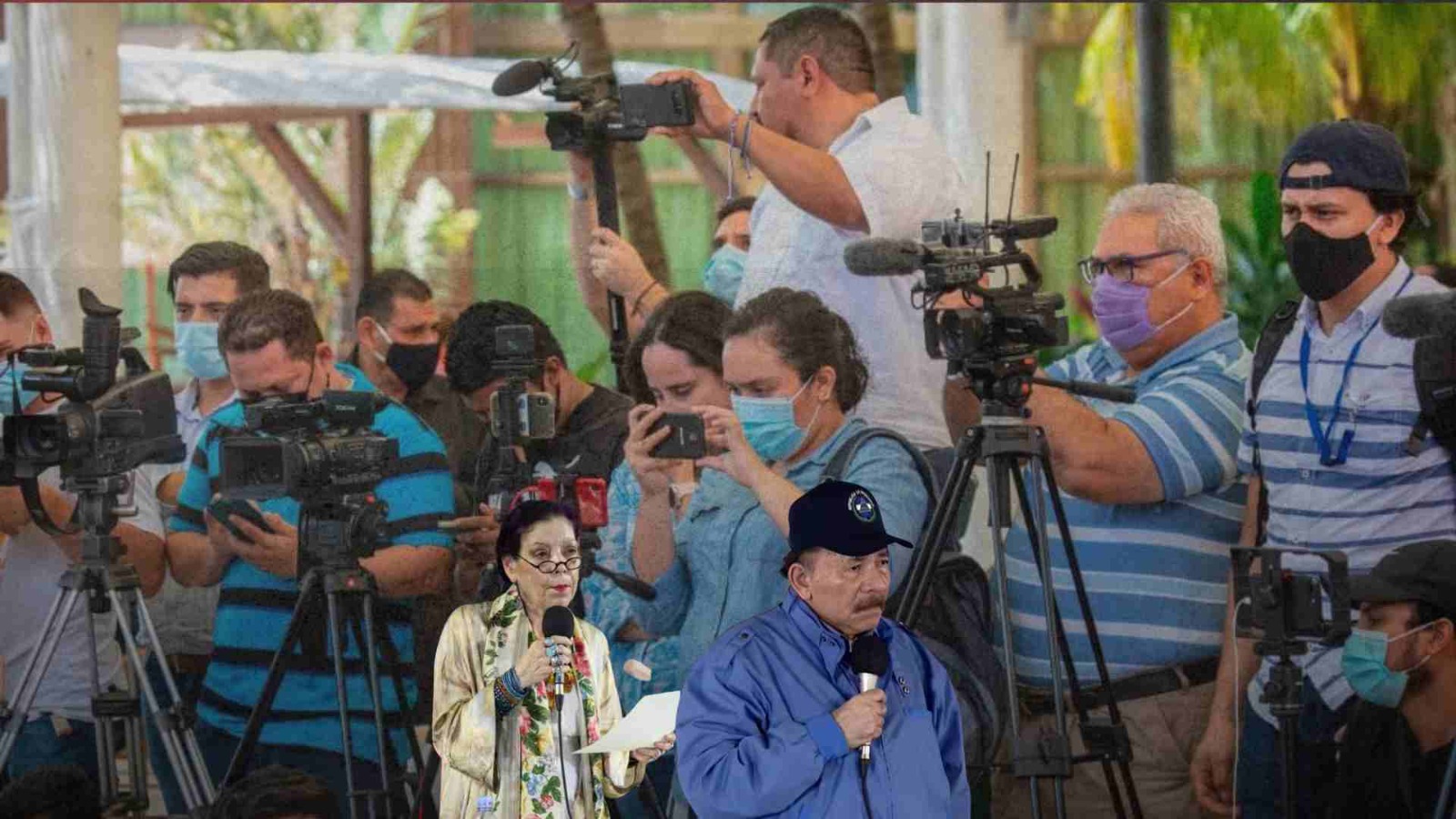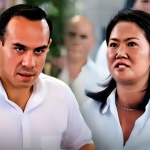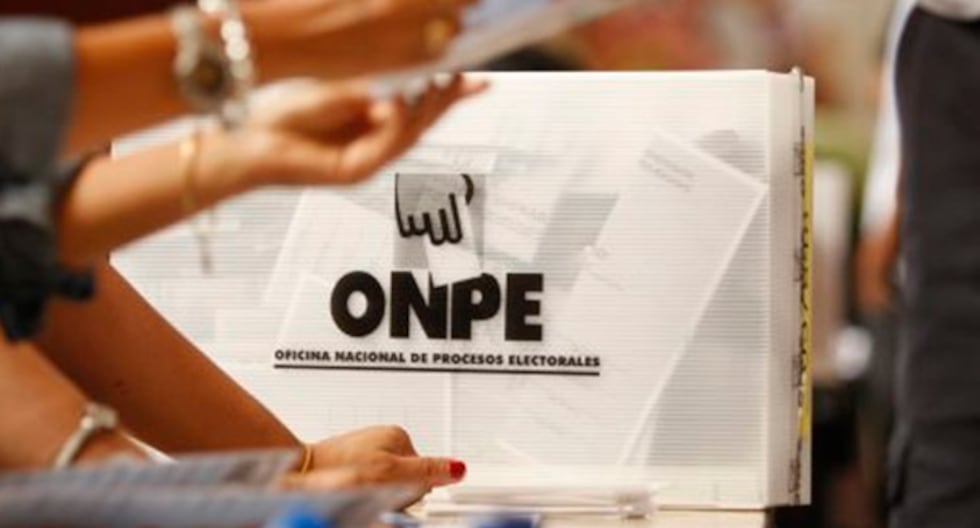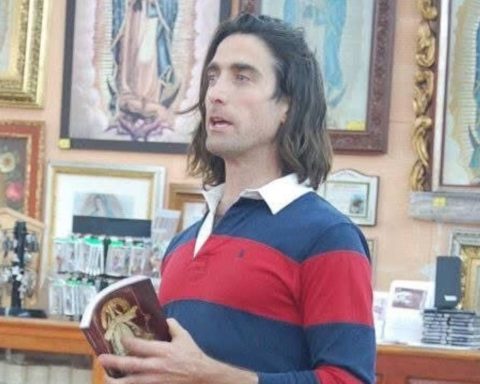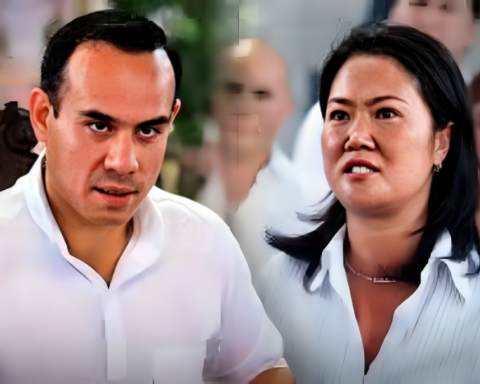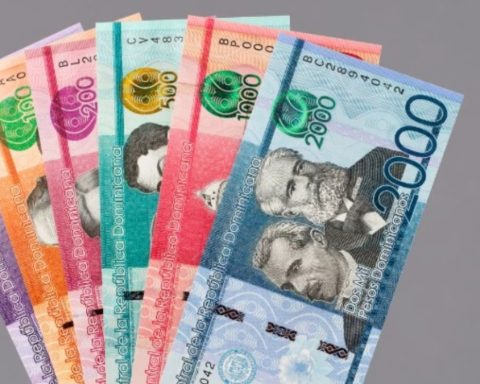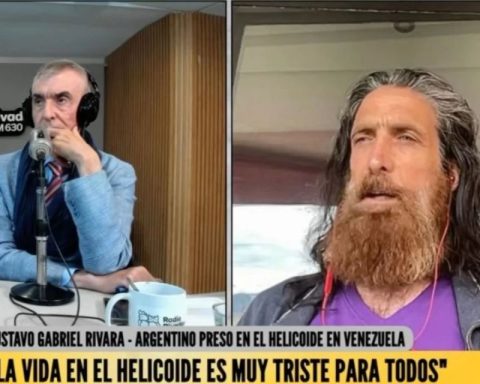At least 278 journalists were forced to leave Nicaragua in the last six years to escape persecution by the government of Daniel Ortega, according to a report released by the Foundation for Freedom of Expression and Democracy (FLED).
“The number of exiled journalists is approximately 278, including journalists, photographers and other media workers,” the NGO said in a quarterly report on press freedom in the Central American country.
Related news: Ortega-Murillo dictatorship intensifies hunt against journalists in Nicaragua
The previous balance was 263, which implies that 15 journalists went into exile in the July-September quarter, according to FLED, which operates from Costa Rica.
“The intensification of state repression has forced several of them into exile and has pushed others to withdraw from the profession as a survival measure,” indicates the report, which also criticizes the legal reforms approved by Managua to silence critical voices.
The NGO, which is part of the regional network in defense of the press Voces del Sur, noted that July, the month of the anniversary of the triumph of the Sandinista revolution of 1979, “marked a particularly difficult period for journalists in Nicaragua.”
He added that that month the communicators “faced an alarming increase in sieges, raids and thefts of technological equipment” and indicated that since then journalist Fabiola Tercero has been “in a condition of forced disappearance.”
Related news: The UN places Nicaragua among the countries that most violate the rights of journalists
“No government entity has provided information about his whereabouts, nor was he in the group of [135] Nicaraguans released from prison and exiled to Guatemala on September 5,” FLED indicated.
On September 6, a Guatemalan press group stated that Tercero was among the 135, but later deleted that statement from its social networks.
FLED indicated that the “stigmatizing speeches do not stop,” since the government of Ortega and his wife, Vice President Rosario Murillo, “continues to use their representatives […] to attack journalists and […] threaten them with the application of current repressive laws.”
The NGO criticized the reform of the cybercrime law, which increased penalties and opened the way to convict people for publications on social networks.
Repression increased in Nicaragua after the 2018 protests that left more than 300 dead in three months, according to the UN.
Ortega, a former guerrilla who governed in the 1980s after the triumph of the revolution and returned to power in 2007, claims that the 2018 demonstrations were an attempted coup d’état sponsored by Washington.
